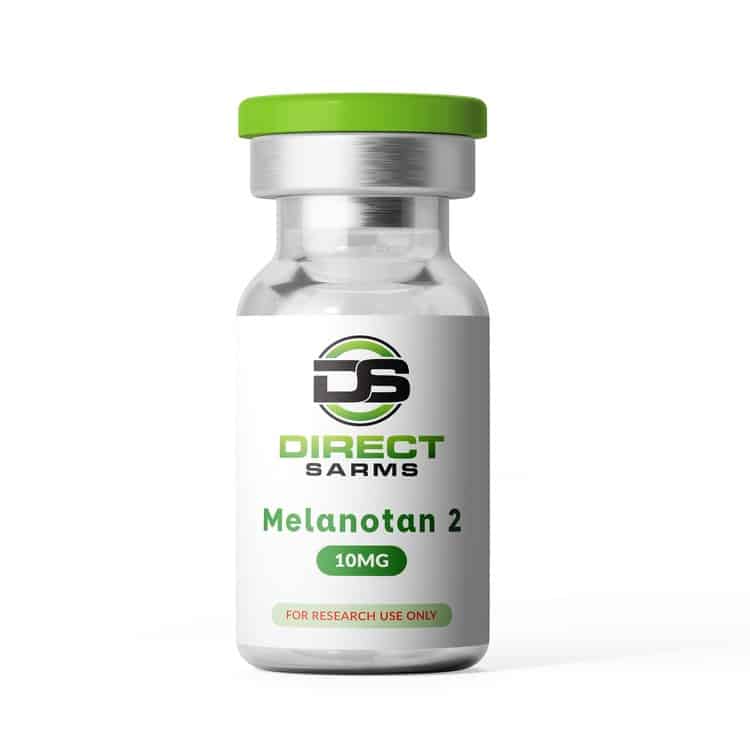
September 3, 2024
Skin Doctor Exposes Which Self-tanning Items Are In Fact Hazardous
An In-depth Case Evaluation Of A Stripper's Experience Of Melanotan Self-tanning products supply individuals a bronzed radiance without the danger of UV damages. The energetic ingredient in self sunless tanning items is dihydroxyacetone (DHA). This FDA-approved chemical reacts with the skin to produce melanoidins, which turn the skin brown. Shamban likewise warns against the different fad of infusing pure melanotan, which is described in previous research study.A Comprehensive Situation Evaluation Of An Exotic Dancer's Experience Of Melanotan
If a product has sunscreen in it, then it will certainly be only efficient for simply a few hours. The color passed on by the product that does not consist of sunscreen will not safeguard your skin from ultraviolet rays. If you invest some time in outdoors, then you absolutely require to use sunscreen cream.Threats Of Tanning Beds
If you think about Melanotan II as a treatment option, you must understand that there are a number of advantages you can acquire from using this supplement. This section will certainly take a more detailed consider a couple of the most substantial benefits of using Melanotan II. Lots of people have actually experienced GI symptoms after use, consisting of lowered hunger, diarrhea, vomiting, and nausea or vomiting, as well as a transforming and/or darkening of existing moles. Various other serious adverse effects reported consist of priapism, renal infarction, and rhabdomyolysis.- Tanning lotions with DHA "do appear much safer" than sunbathing or tanning beds, according to Dr. Beth Goldstein, a board-certified dermatologist at the Central Dermatology Center in North Carolina.
- Extra study requires to be done before researchers can confirm whether melanotan boosts your threat of establishing skin cancer.
- Some tanning pills, shots and nasal sprays offered on the internet-- and hyped on social networks-- contain a chemical called melanotan II, which is often described as the "Barbie medication."
- Indoor tanning beds expose you to a consistent strength of both UVA and UVB rays, making them even more damaging than remaining in the sunlight.
- Today, more than 30 states in the united state regulate interior tanning for individuals under 18-- and 20 states ban minors from using tanning beds entirely.
Mesh Terms
" More than 400,000 cases of skin cancer are estimated to be related to indoor tanning in the U.S. each year," according to the Department of Health And Wellness and Human Being Solutions. About 6,000 of these are cancer malignancies, the most major sort of skin cancer. Lycopene is a carotenoid discovered in carrots, tomatoes and watermelons that contributes to their bright tinting. While they help some, the FDA does not suggest these products for tanning. Many individuals have actually transformed to self-tanners to obtain a healthy and balanced radiance without harming their skin outdoors or at a tanning salon.'Barbie drug' Aussies are using to get a sunless tan - Daily Mail
'Barbie drug' Aussies are using to get a sunless tan.
Posted: Wed, 02 Nov 2022 07:00:00 GMT [source]


How do you tan with Melanotan?
How is Melanotan provided? Melanotan is administered sub-cutaneously by infusing into the fatty layer of tissue around the stubborn belly button area. Clients infuse daily until a desired colour is achieved and then remain to infuse once or twice a week to keep the colour.
Social Links